Global climate is considered to be biggest challenge to the agricultural/horticultural scientists because of the need for development of climate resilient crop varieties. It has also been felt that there is a need to double the present production of fruits and vegetables to over 500 million by 2050 and to meet the growing demand of all other horticultural commodities. The presence of narrow genetic base in cultivated species is one of the major impediments for the plant breeder to develop variety/varieties for wide adaptability and yield. Hence, the utilization of wild relatives and land races in breeding programmes is the need of hour as the reservoirs of potential genes, which can be transferred to the cultivated species through hybridization. Several studies have proved that there is pre and post fertilization barriers which can be overcome through techniques such as embryo rescue, protoplast fusion, alien addition lines, alien substitution lines and ploidy manipulations, etc. The wide hybridization has been proved to be a potential method for developing many stable varieties, which can withstand various biotic and abiotic stresses. Developed and commercialized several intergeneric and interspecific hybrids in fruits, vegetables, flowers, plantation crops medicinal and aromatic plants across the globe. This book would be a valuable documents to the policy makers, researchers and more precisely to the students who are interested in pursuing the higher studies in the field of distant hybridization in horticultural crops.
Protest Literatures
$16.20
$18.00

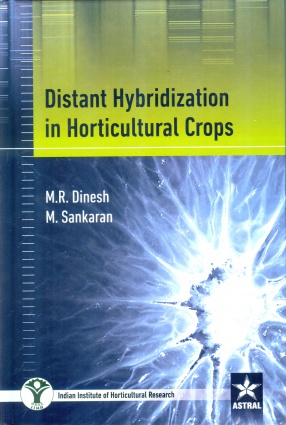
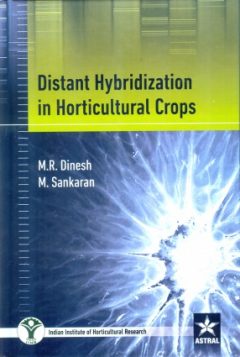
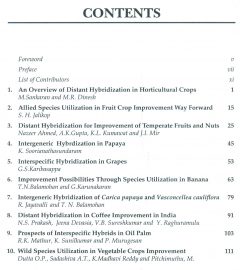
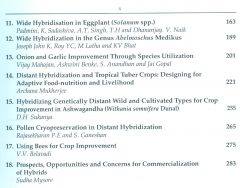
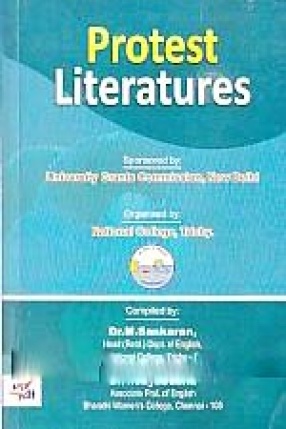
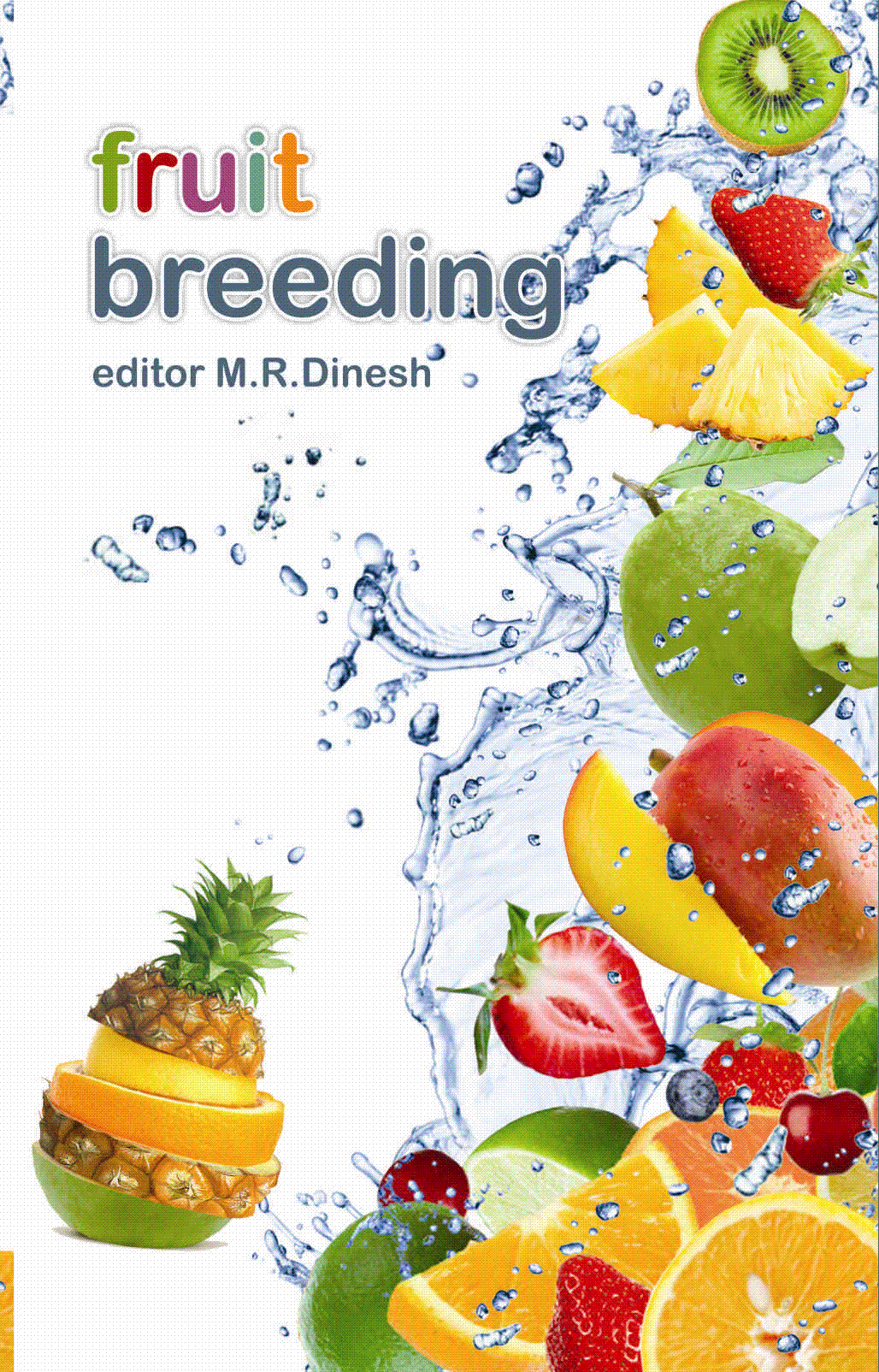
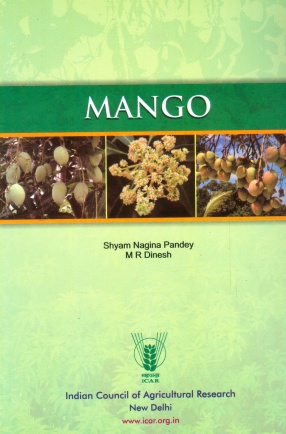


There are no reviews yet.